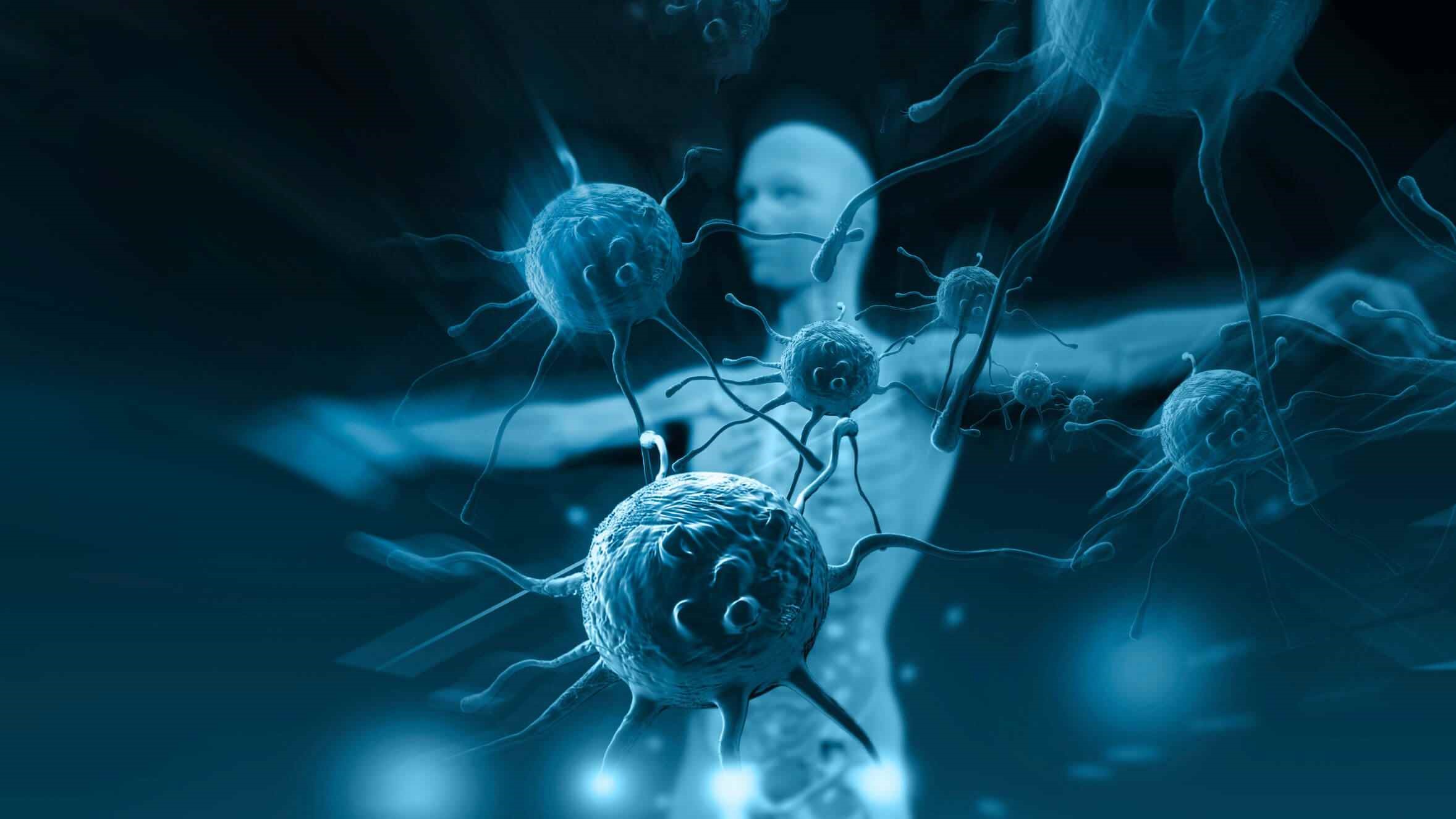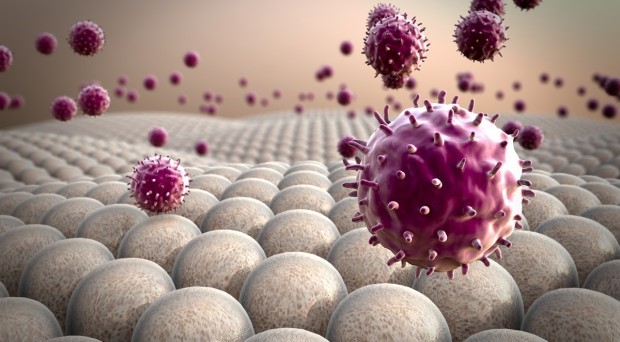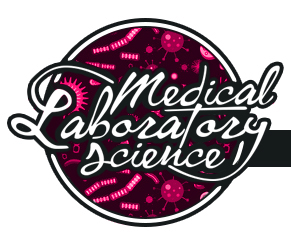Immunology & Serology
The immune system of the body is design to protect against harmful diseases. Immunology is known as the study of molecules and systems which is responsible in determining and disposal of foreign materials in the body. It was Edward Jenner who first studied the response of the body to foreign substances. He observed that dairy maids who had naturally contracted a mild infection called cowpox seemed to be protected against smallpox, a horribly disfiguring disease and a major killer (Debebe, 2004).

The functions of immune system includes; protection against infectious diseases, distinguish self from non-self and eliminate destructive foreign substance from the body. Immunity can be classified into two, Innate and Acquired immunity. Innate immunity or non-specific immune response, it is the early defense against microbes, do not alter on repeated exposure because of absence of memory. Acquired Immunity is the resistance acquired by an individual during life, it is considered highly specific and adaptive response improves on the second encounter with same pathogen.

Serology is detecting the elements of immune system (ex. Antibodies) to help diagnose infectious disease and immunologic disorder. Serology is used when unable to culture infectious agent, confirmation of etiologic agent and diagnosis of autoimmune disorder. A blood sample is the one needed to conduct a serological testing. Because antibodies are so diverse, various tests are useful for detecting the presence of different types: An agglutination assay shows whether antibodies exposed to certain antigens will cause particle clumping. A precipitation test shows whether the antigens are similar by measuring for the presence of antibody in body fluids. The Western blot test identifies the presence of antimicrobial antibodies in your blood by their reaction with target antigens (O'Connell, 2015).
|



